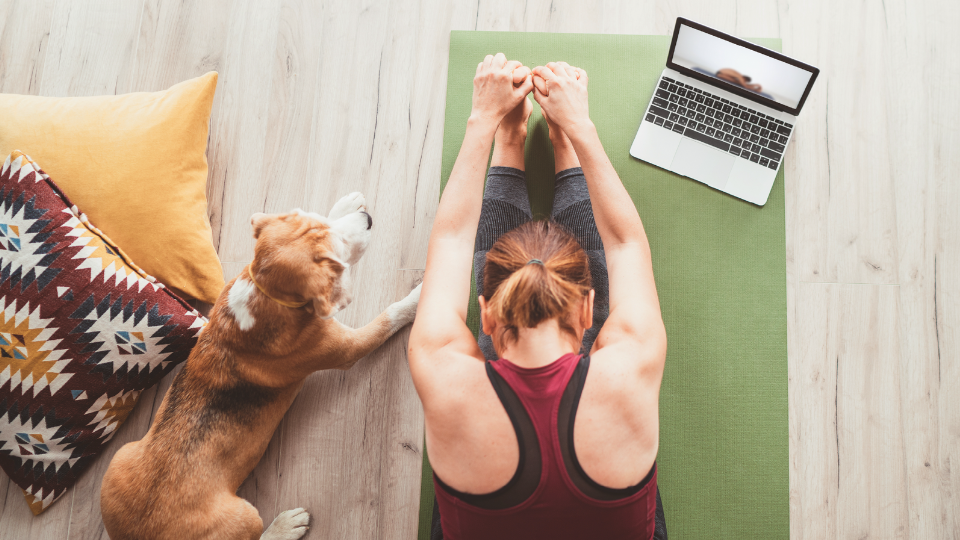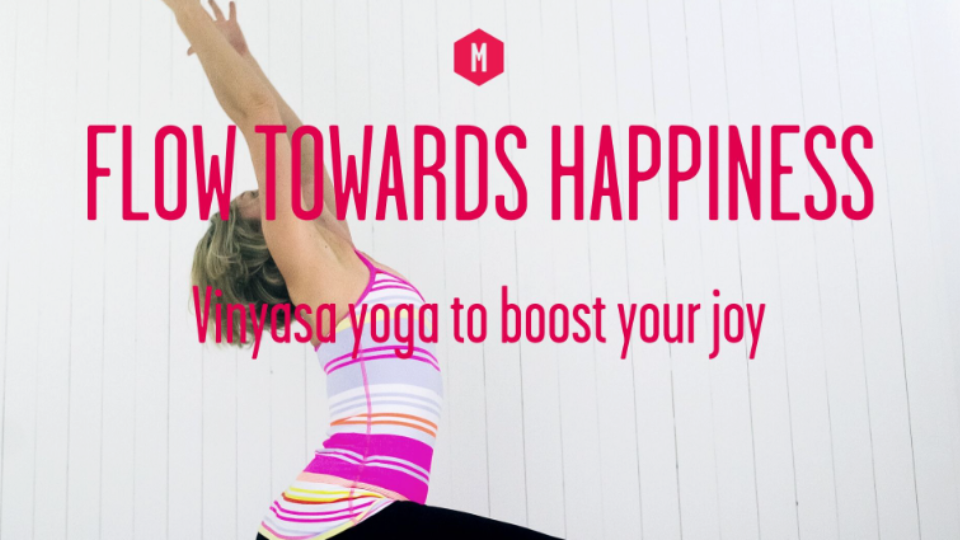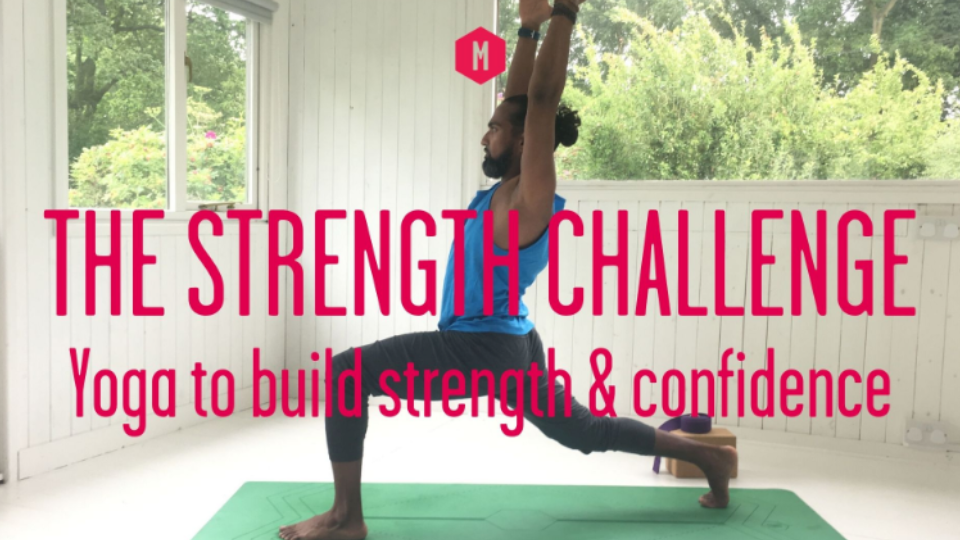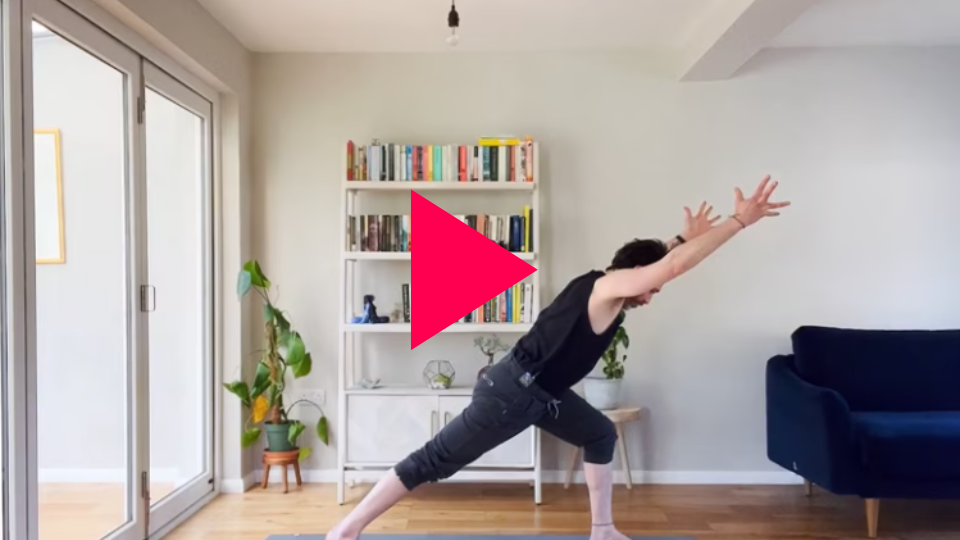
JUST AS WE NEED TO EXERCISE FOR OUR PHYSICAL HEALTH, WE MAY BENEFIT FROM REGULAR RITUALS AND PRACTICES FOR OPTIMAL MENTAL HEALTH. FIND OUT WHAT WORKS FOR YOU!
Mental health is multi-faceted and means different things to different people. The World Health Organisation defines it as:
“A state of mental well-being that enables people to cope with the stresses of life, realise their abilities, learn well and work well, and contribute to their community. Mental health underpins our individual and collective abilities to make decisions, build relationships and shape the world we live in.”
World Health Organisation
Mental health is more than the absence of mental disorders. It encompasses our cognitive, behavioural and emotional wellbeing. For many people, that state of mental wellbeing may be fragile.
There are generally no ‘quick fixes’. Robust mental health depends on a variety of medical factors and also lifestyle components such as diet, sleep quality and stress levels.
Read more about yoga for stress and anxiety in this complete guide
If you are considering incorporating yoga into your routine for mental health benefits, it’s recommended to consult with healthcare professionals, especially if you have pre-existing health conditions. Yoga and Mental Health investigates some of the ways that yoga may help. Approach it like an experiment – your own personal ‘laboratory’ if you like. What rituals and practices will you incorporate into your routine?
We will look at five common symptoms of sub-optimal mental health and suggest ways to address them:
- Manage stress
- Improve sleep quality
- Enhance mood
- Increase focus
- Promote self-confidence and a sense of agency
YOGA AND MENTAL HEALTH: MANAGE STRESS
When we talk about reducing stress, what we really mean is reducing reactivity to stressful situations. Not all stressors are within our control. It is our reactions that we can seek to influence.
Many studies have investigated the effects of yoga on stress.
For example, a randomised control trial with 202 healthy students in Oslo was published in 2020. After 24 yoga sessions over 12 weeks, the findings suggested that:
‘yoga has a moderately large and lasting effect, at least for some months, reducing symptoms of distress and improving sleep quality.’
(Ulleberg et al)

When we reduce stress in the body we shift the nervous system from its fight & flight (sympathetic) response to one of rest and digest (parasympathetic response).
A 2017 meta-analysis from Pascoe et al concludes:
‘Practices that include yoga asanas appear to be associated with improved regulation of the sympathetic nervous system (…) in various populations.’
Pascoe et al
Mindful breathing and meditation techniques can also help us to manage stress responses more effectively. Additionally, you may want to check out 6 Yoga Poses for Stress Relief for some helpful yoga poses.
Read more in Yoga for Stress and Anxiety: A Complete Guide
YOGA AND MENTAL HEALTH: IMPROVE SLEEP QUALITY
The Sleep Foundation
The two-way nature of this relationship represents a frustrating vicious circle for many.
A variety of Yoga for Sleep practices can help to tackle sleeplessness. For example, learn to breathe in a way that calms down your nervous system and prepares the body for sleep.

YOGA AND MENTAL HEALTH: ENHANCE MOOD
Practising yoga regularly has been associated with improved mood and emotional wellbeing. A 2007 study from Shapiro et al involved 25 individuals with major depression who were taking anti-depressant medications yet had residual symptoms. Yoga interventions resulted in significant improvements in mood and reduction in depression severity scores from pre- to post-treatment.
Asana (postural yoga) releases natural endorphins which elevate mood – a boost for anyone who experiences the blues.
The mindfulness aspect of yoga helps us to be aware of negative emotions so we can develop more resourceful ways to respond. For five uplifting yoga classes to raise your spirits, read Yoga for Mood.

YOGA AND MENTAL HEALTH: INCREASE FOCUS
Some of the ancient yoga texts were concerned with the concept of focus.
The Bhagavad Gita, one such text, talks about the practice of yoga thus:
“Sitting there on his seat, fixing his mind on a single point, controlling the movements of his mind and senses, he should engage in yoga practice in order to purify himself.”
Bhagavad Gita Ch 6 verse 12. Translation: Sutton
At the time such texts came into being, there were no yoga ‘postures’. These practices would have been conducted sitting down.

In modern day yoga we can find focus through meditation and mindfulness. The act of noticing what is going on in our mind and body, and with our breath, develops greater focus.
According to a 2021 article from Harvard Medical School,
‘Yoga strengthens parts of the brain that play a key role in memory, attention, awareness, thought and language.’
Harvard Medical School
The studies that lead to these conclusions find (via MRI scans and other brain imaging technology) that people who regularly practise yoga have greater thickness in the parts of the brain that deal with these functions, versus those who do not practise.
Want to build clarity and focus for yourself? This Kundalini Yoga class with Kiranjot uses single-nostril breathing, music, mantra, drumming and meditation.
You can read more, and discover additional tips and practices, in Yoga for Concentration.
YOGA AND MENTAL HEALTH: PROMOTE SELF-CONFIDENCE AND A SENSE OF AGENCY
What do we mean by a sense of agency? It is the feeling of having a degree of control over our actions and their consequences. This inevitably influences the kind of actions we take, and our ability to be responsible for the outcomes of those actions.
Yoga encourages us to be non-judgemental towards our minds and bodies and to practise self-compassion. When we are able to meet ourselves with acceptance, we build self-esteem.
Mindfully paying attention to some of the stories we tell ourselves and our inner dialogue can alert us to when we are being unkind to ourselves. We can choose to change these patterns and direct our attention to what we can do rather than dwell on what we cannot.
Yoga for Strength explores how developing strength in the body helps us become more resilient mentally and emotionally too.


NEXT STEPS
Research about links between yoga and mental health is ongoing and by no means conclusive. Yoga provides us with tools so we can discover what works for us (and what doesn’t!). We can experiment… and decide what to incorporate into our personal routine.
Our mental health is unique to us. The key to managing it is to be intentional and consistent.
Stuck for where to start?
Yoga can provide valuable information about what is going on for us mentally, emotionally and physically. Check out How Yoga Can Help Us Feel Our Emotions by Adam Hocke. It explores what emotions are and how our yoga practice helps us acknowledge them.

YOGA AND MENTAL HEALTH: SUPPLEMENTARY READING
To discover more, choose from the following articles:
- Five Ways Yoga and Pilates Support Our Mental Health
- 5 Ways Yoga Can Support Your Mental Wellbeing
- 5 Ways Yoga Helps Mental Health
- Men’s Mental Health: Is Yoga for Men?

Author: Helen Krag. Helen is a health and wellness enthusiast; observer of human behavioural change; yoga teacher trainee; passionate traveller; and lover of the outdoors.





Leave a Reply